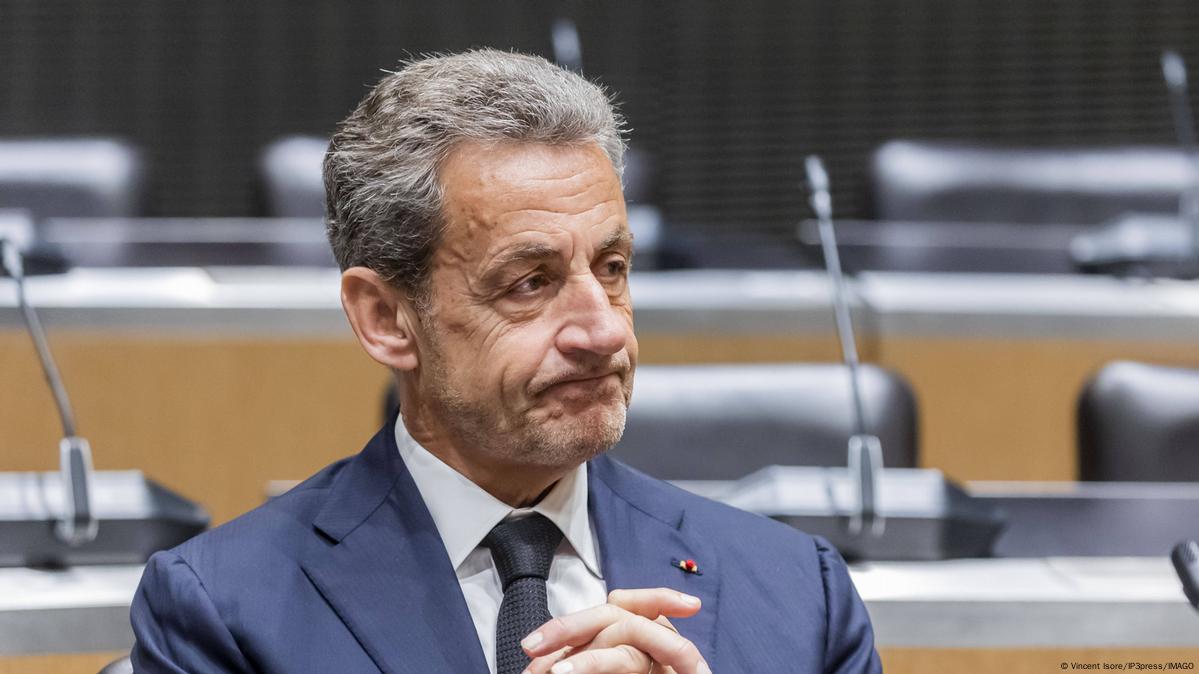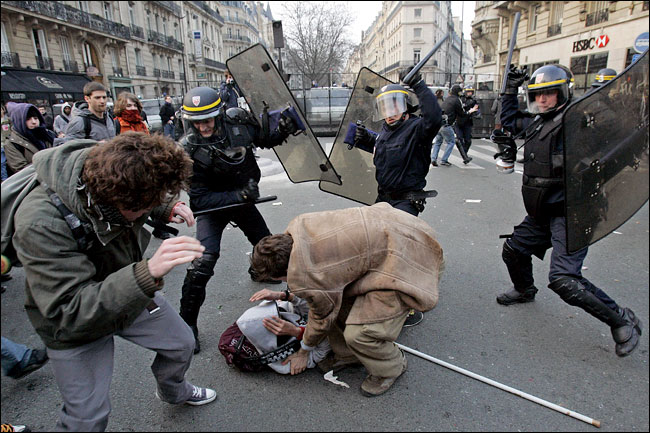
Former President Nicolas Sarkozy, 70, will begin serving his five-year prison sentence on October 21 at La Santé Prison in Paris. The conviction stems from accusations that Sarkozy accepted illegal funding from late Libyan leader Muammar Gaddafi to finance his 2007 presidential campaign — a charge the former president continues to deny, calling the verdict “a scandal.”
Prison conditions and security measures
Authorities confirmed that Sarkozy will be housed in a private cell with strict security arrangements to ensure his safety. He will be allowed one hour of exercise per day and three family visits per week. Given his former head-of-state status, Sarkozy could be placed either in a protected inmate unit or in solitary confinement if necessary.
Legal appeal process underway
Sarkozy has appealed the ruling, and his legal team is preparing to challenge the decision before the Paris Court of Appeal. While the appeal process could take up to 18 months, the former president must begin serving his sentence unless the court decides otherwise. His lawyers may request conditional release pending the new trial.
Previous convictions and legal troubles
This is not the first time Sarkozy has faced justice since leaving office. He previously received a one-year sentence for corruption, partly served under electronic monitoring, and another one-year sentence for illegal financing of his 2012 campaign. The ongoing cases have already led to Sarkozy being stripped of the Légion d’Honneur, France’s highest civilian distinction.
Political implications
Despite his legal troubles, Sarkozy still wields influence within France’s conservative circles. His imprisonment marks a historic moment — making him the first former head of an EU member state and the first postwar French president to serve time behind bars. The decision has sparked debate across Europe about political accountability and the reach of judicial independence.





